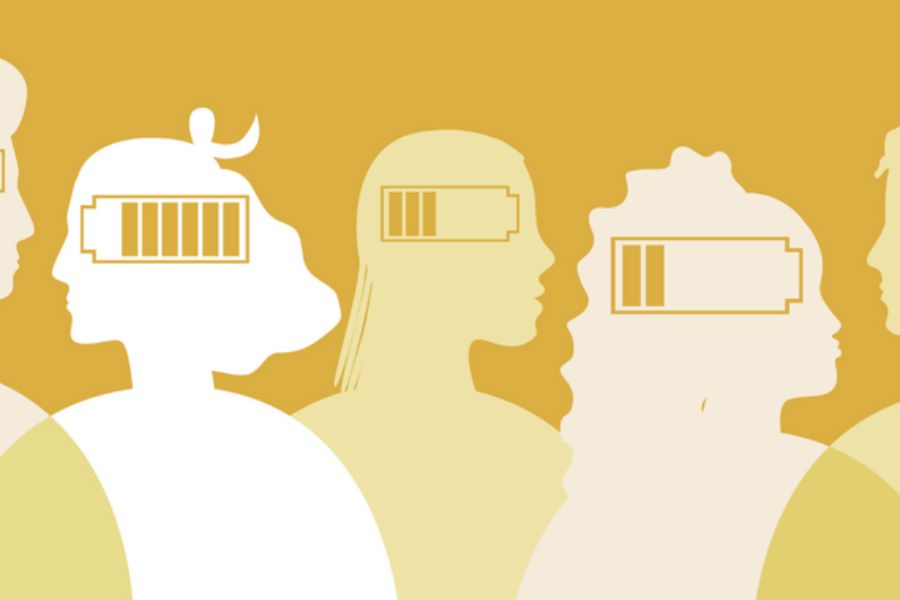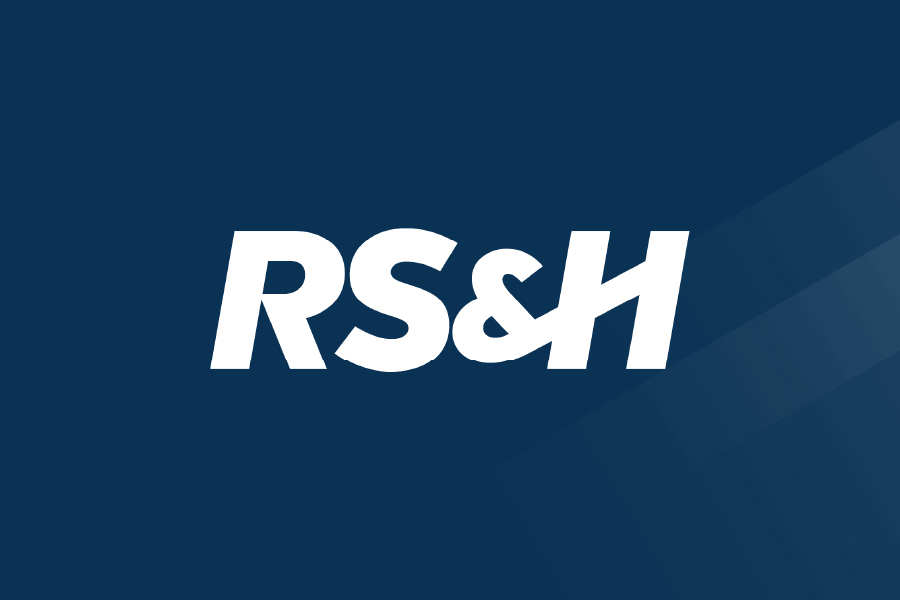It’s Time to Talk about Mental Health Awareness in the AEC Industry

Today is World Mental Health Day, a day where we can pause and remember the importance of mental health in our lives and how it affects everything we do.
For the last few years, mental health has become a subject near and dear to me for a few different reasons. If mental health wasn’t on your radar before the COVID-19 pandemic, it came to the forefront as we, as a world, dealt with disease and isolation. But even before the pandemic, things started happening around me that made me make mental health a priority for me and my team.
Mental Health Struggles are All Around Us
A few years ago, I lost a coworker at the Federal Highway Administration (FHWA) who took their own life. It was a shock to all of us who knew them. There were no tell-tale signs. They seemed happy, they were fun to be around and they were a great employee. Not long after that, an employee who worked for me considered taking their own life – fortunately, we were able to intervene – and another employee struggling with PTSD was also struggling at work.
All these things were happening, and I couldn’t help but think of how ill-equipped I felt as a colleague, supervisor and friend to respond. I’m an engineer. We like our subjects to be black and white, for our problems to all have clean solutions. But this subject matter is very gray, every situation is different and there isn’t always a solution or completion point. These are just a few reasons why talking about mental health can take us way out of our comfort zones.
I knew I wasn’t the only person struggling on how to deal with mental health and people around me who were struggling. The more I started talking to colleagues, the more of their own stories I heard. Not a single person told me “I never had any of these experiences.” In fact, many told me stories beyond what I ever expected.
Even still, we don’t talk enough about the experiences we have. Mental health is not a subject we bring up too often, mostly because of the stigma attached to it.
We Have to Start Somewhere
When we started our journey at FHWA to create a mental health awareness plan, all we were trying to do was identify tools for supervisors. I knew we had people suffering, and I knew there were more people like me who didn’t know what to do to help people.
We started hosting webinars and brought in people to share their stories. Soon we had leaders and senior officials in our industry telling their stories and being vulnerable to their peers. It was powerful.
When the pandemic hit, everyone started struggling with their own mental health. They wanted to talk, and they wanted to have opportunities to get together and share their experiences. Suddenly, our efforts were really taking off. I was getting emails directly from some of our 2,700 employees just to say how much they appreciated what we were doing. One worker emailed me and said these efforts saved their life.
The Power of a Mental Health Program
The results we’ve seen from FHWA have been impactful, and not just for those who already participate. In a briefing last month, the agency reported that people were joining FHWA because they had heard FHWA had an ongoing mental health awareness program
In our world, where we’re all competing for the same group of people to fill open job positions, there is a competitive edge to have a mental health program that makes people feel comfortable with the subject of mental health. Of course, there are plenty of questions still to be answered. How far can we go in our industry and at our companies? How far should we go?
At FHWA, we worked closely with our employee resource lawyers to review everything we put together around a mental health program. Fortunately, we had a few who were also passionate about this topic. The boundaries proved to be broader than I expected.
There is still the stigma around mental health that we must take on. When we began our mental health awareness program efforts at FHWA, one of my colleagues asked, “Are you really sure you want to take this on? It might not be great for your career.” My answer was a resounding yes. We pressed on and did what we felt was right, and it’s paying off.
How AEC Firms Can Promote Mental Health Awareness
The private sector has challenges that government agencies do not. For government agencies, the concern about utilization rates and billable hours is not top of mind. At private companies, telling someone to take six hours of training is a bigger ask.
There are ways to lessen that burden, from shorter, bite-sized training sessions to lunchtime webinars and small group discussions. For companies to move forward on mental health objectives, it takes top-level leadership to buy in and support it. That support will flow down and grow as more and more people get involved.
Fortunately, there are many great resources that already exist so that companies don’t have to start from scratch. Training programs like First Aid at Work can be used and adapted by HR departments to fit each company’s needs.
Still, know this: in our industry, if you’re not already working on a mental health awareness education program or talking about mental health, you should be. We have to get beyond the denial, ignorant stage that still persists in many pockets of our society.
As I mentioned, if we are all competing for the same workers, this is going to be an important enticement for employees, and that is certainly a reason to move forward. But even if we just want the most out of our employees – if we want them to be happy and do great work – we must keep going. And we have to go farther. The stigma is ingrained into society and many people don’t want to talk about mental health issues, but they are all around us.
Talking about mental health is both emotional and exciting, and it’s healthy. Tackling mental health as an industry is not about jumping on a bandwagon or checking a box. We must do this because it’s the right thing to do. And, when people feel seen, accepted, and safe to be themselves at work, amazing things happen. And that’s just good business.



